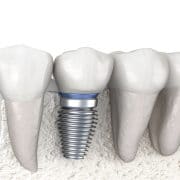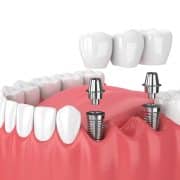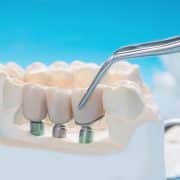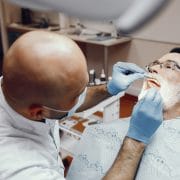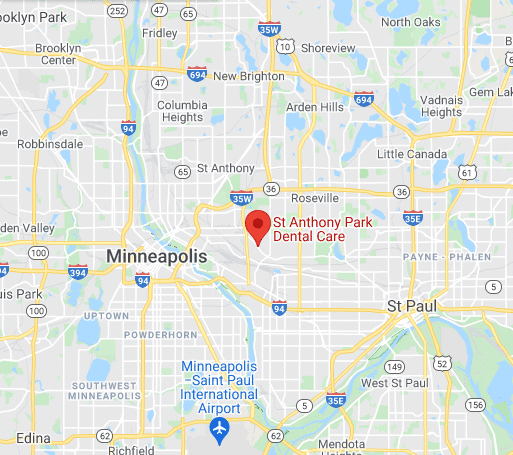Are Dental Implants Right for You?
Have you been thinking about replacing missing teeth with dental implants? Not everyone is a good candidate — and there might be other reasons for you to explore other options. But for many people, implants are a safe and long-lasting way to replace one, a few, or even several missing teeth! Our dentists in St. Paul, MN at St. Anthony Park Dental Care can discuss this option with you and help you determine if it’s the best solution.
Do You Have Enough Jawbone?
Dental implant posts go right inside your jaw and have to fuse with the tissue around them. You’ll need adequate amounts of jaw tissue for that to happen. What if you don’t? We can do bone grafting to add the needed amount of tissue.
Do You Have Any Medical Conditions?
Since this process involves surgery, we’ll check for any conditions that might affect your ability to heal. If you have any medical conditions that make implants unsuitable, we can discuss other options with you.
Do You Smoke?
Being a smoker can make it much harder to safely heal after implant surgery. If you do smoke, you might not be considered a good candidate for dental implants.
Do You Have Healthy Gums?
Your gums need to be in good shape for you to undergo implant surgery. We may need to treat gum problems first for you to be a suitable candidate for this tooth replacement solution.
Set Up a Consultation With Our Dentists for Dental Implants!
Are you unsure if you should choose implants to replace your teeth? It’s a big decision that our dentists can help you with! At St. Anthony Park Dental Care, we offer dental implants in St. Paul, MN, for those who are suitable candidates.

